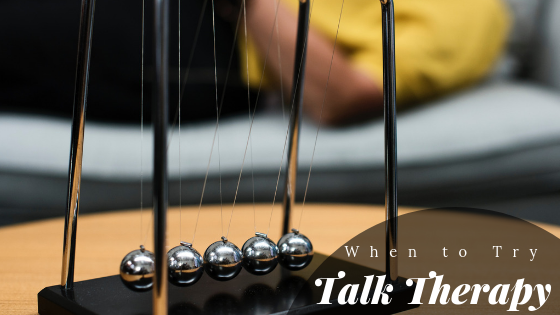Living through a traumatic experience is hard enough without it leaving a sometimes irreparable mark on you for the rest of your life. Millions of people all over the world are dealing with PTSD, whether it be from childhood trauma or violent scenes from war. Every victim undergoes their own unique hardship. Luckily, there are ways of dealing with post-traumatic stress disorder, like medication, and therapy. While prescription medicine mainly deals with the symptoms and side effects of PTSD, therapy, specifically talk therapy, works to relieve the underlying source of post-traumatic stress. One of the challenges concerning talk therapy, however, is that many sufferers don’t know when to seek help. So, how do you know when you need talk therapy?
When All Other Options Have Failed
Obviously, if nothing else has worked to relieve your PTSD even a little, you should probably try any other option available to you, including talk therapy. Everyone’s PTSD is different, requiring various types of treatment. When all else fails, talk with a therapist. You have nothing to lose from sitting down and opening up with a qualified professional, and everything to gain.
When PTSD is Affecting Your Functionality
If your post-traumatic stress is limiting you or preventing you from performing your daily tasks, you should definitely enlist a professional for help. Talk therapy will allow you to voice your frustrations and emotions, providing an outlet for all of that stress which has built up inside of you over the years. You owe it to yourself to get your life back on track after a traumatic experience. If PTSD is limiting your functionality, you should consider talk therapy.
If You Have No One Else To Talk To
It’s a sad fact of life that not everyone has an understanding friend or family member to confide in during times of immense pain or stress. In such cases, one should try to at least find a professional therapist to talk to. Talking through our mental problems often leads to either solving them completely or at least finding better ways of coping with them than simply bottling them up. If you have no one else to talk to about your post-traumatic stress disorder, you should give talk therapy a go. Loneliness can really intensify the negative effects of PTSD.


